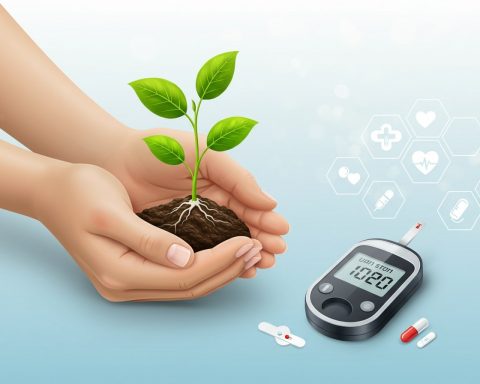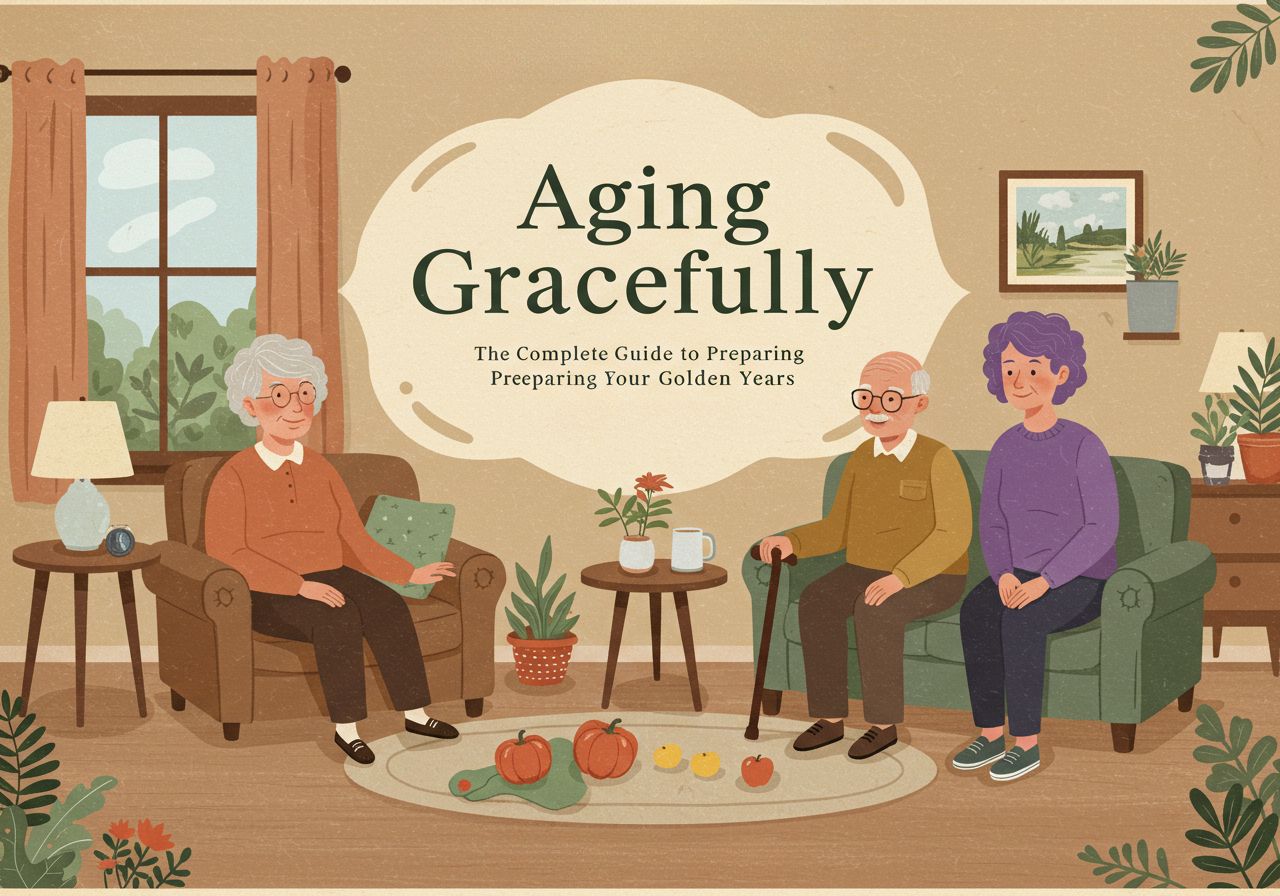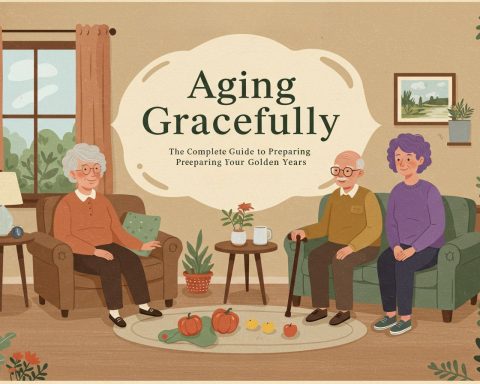We all know that feeling fighting to keep our eyes open during an afternoon meeting or hitting snooze five times before finally dragging ourselves out of bed. In our non-stop world, rest and sleep often get pushed to the bottom of our priority list. But what if I told you that these two elements might be the most powerful tools for your health, happiness, and productivity?
Let’s dive into the fascinating world of rest and sleep two related but distinct concepts that are absolutely vital for your wellbeing. Whether you’re struggling with insomnia or simply looking to optimize your downtime, this guide will transform how you think about those precious hours of recovery.
Understanding the Difference: Rest vs. Sleep
What Exactly Is Rest?
Rest is the opposite of being active. When we’re resting, we’re not doing, planning, or overthinking. Instead, we’re giving our minds and bodies the opportunity to pause from life’s activities and recharge. Rest doesn’t necessarily mean sleep it can be any activity (or non-activity) that allows your body and mind to recover.
But here’s a critical distinction many people miss: lying down while awake is not the same as sleeping. As one Reddit user aptly put it, “Laying down and being awake is definitely not going to bring you the same benefits as being properly asleep, but it’s better than not laying down at all”.
What Makes Sleep Special?
Sleep is a complex biological process where your body enters various stages of unconsciousness. During sleep, your brain and body perform crucial functions that simply cannot happen while you’re awake. Your body literally repairs itself, processes emotions, and consolidates memories during those quiet hours.
And no, you can’t cheat the system. As one fitness enthusiast emphasized, “People do not realize how important sleep is… Wakeful rest does not count”. Your brain needs to be unconscious to fully rest and recharge its neurons.
The Remarkable Benefits of Quality Sleep
Physical Restoration: Your Body’s Repair Shop
During sleep, your body kicks into maintenance mode. Tissues are repaired, proteins are synthesized, and hormones that regulate growth and appetite are produced. This is especially crucial for anyone involved in physical training your muscles need that downtime to repair and grow stronger.
Sleep quite literally protects your heart. Research has shown that quality sleep is associated with reduced risks of high blood pressure and cholesterol, which helps prevent heart disease and stroke. Getting those recommended seven hours makes your heart happier and stronger.
And here’s something many don’t realize sleep is your immune system’s best friend. During sleep, your body produces extra protein molecules that strengthen your ability to fight infections. Feeling that cold coming on? One of the best remedies might simply be hitting the hay early.
Mental Magic: Your Brain on Sleep
While you’re sleeping, your brain is surprisingly busy. It processes information and consolidates memories, making it easier to recall what you’ve learned. This explains why cramming all night before an exam is counterproductive your brain needs sleep to properly store that information!
Sleep also acts as your emotional regulator. When sleep-deprived, people are more likely to experience symptoms of anxiety and depression, struggle with mood regulation, and make poor judgments. Conversely, quality sleep promotes emotional stability and resilience.
But wait, there’s more! Sleep can actually help manage pain. If you’re suffering from chronic pain or recovering from an injury like a sprained ankle, quality sleep can enhance your body’s ability to cope with discomfort. It’s like nature’s painkiller!
The Dark Side of Sleep Deprivation
Sleep deprivation doesn’t just make you grumpy it fundamentally alters how your body and mind function.
When you’re short on sleep, your cognitive abilities take a serious hit. You’ll struggle with focus, experience slower reaction times, and find logical reasoning more challenging. Even simple math becomes more difficult. And this happens after just one night of poor sleep!
Perhaps most alarmingly, sleep deprivation can lead to microsleeps falling asleep unintentionally for just seconds at a time. These microsleeps can be incredibly dangerous, especially while driving or operating machinery.
The long-term health consequences are equally concerning. Chronic sleep deprivation is linked to obesity, diabetes, cardiovascular diseases, and various mental disorders. It’s not an exaggeration to say that consistent poor sleep can significantly shorten your lifespan.
The Power of Intentional Rest
Rest provides your body and mind with the opportunity to recover from daily stressors. When we’re properly rested, our appetites are better regulated, our emotional responses are more measured, and we have more endurance for life’s challenges.
Rest gives your body the time and energy to carry out essential functions like:
Breaking down food through digestion
Using building blocks from food to repair cells
Eliminating waste products that accumulate during activity
Processing and storing memories (during sleep)
Quality rest makes it significantly easier to manage emotions and think clearly. A well-rested brain functions better than one that’s overtaxed and tired.
The Stress-Sleep Connection
There’s a fascinating relationship between stress and sleep quality. Research using data from over 45,000 individuals showed that the accumulation of stressful days significantly decreases sleep quality. Conversely, restorative days improve sleep.
This bidirectional relationship creates either virtuous or vicious cycles. Poor sleep increases stress, which further impairs sleep. But quality rest and sleep reduce stress, which then improves sleep quality.
Practical Tips for Better Sleep and Rest
Create the Perfect Sleep Environment
Your sleep environment plays a crucial role in sleep quality. Consider these adjustments:
Set your thermostat to 65-68 degrees Fahrenheit
Block out light with blackout curtains or an eye mask
Minimize noise with earplugs or a white noise machine
Invest in a comfortable mattress and quality bedding
Develop a Relaxing Bedtime Routine
The 30-60 minutes before bed are crucial for quality sleep:
Disconnect from electronic devices at least one hour before bed
Try quiet reading, gentle stretching, or meditation
Focus on relaxing rather than actively trying to sleep
Practice controlled breathing or progressive muscle relaxation
Harness the Power of Light
Your body’s internal clock is regulated by light exposure:
Get at least 30 minutes of natural sunlight exposure daily
Open windows or blinds to let in morning light
If natural light isn’t available, consider a light therapy box
Move Your Body
Exercise benefits both sleep and rest:
Aim for at least 20 minutes of physical activity daily
Consider activities that match your fitness level and interests
Remember that exercise helps you fall asleep faster and enjoy deeper sleep
Master the Art of Intentional Rest
Rest isn’t just doing nothing it’s intentional recovery:
Schedule short rest breaks throughout your day
Try a 15-20 minute nap (but avoid longer naps that might interfere with night sleep)
Practice mindfulness or meditation during rest periods
Give yourself permission to truly disconnect from responsibilities during rest time
Finding Your Perfect Balance
Sleep needs vary from person to person. While the general recommendation for adults is 7-9 hours per night, pay attention to how you feel. If you’re consistently getting 6 hours and feeling great, that might be sufficient for your body. However, most people underestimate their sleep needs and accumulate “sleep debt” without realizing it.
Rest requirements also vary based on your activity level, stress load, and overall health. The key is being intentional about including adequate rest and sleep in your daily routine rather than seeing them as optional luxuries.
The Bottom Line: Prioritize Your Downtime
In our achievement-oriented culture, rest and sleep are often sacrificed in the name of productivity. But the evidence is overwhelming quality sleep and intentional rest don’t detract from productivity; they enable it. They’re not indulgences but necessities for optimal physical, mental, and emotional functioning.
As one sleep researcher powerfully stated, sleep is “as essential as any other component of physical, mental, and emotional health”. It’s time we start treating it that way.
So tonight, instead of squeezing in one more episode or answering a few more emails, give yourself the gift of quality rest and sleep. Your future self will thank you.









